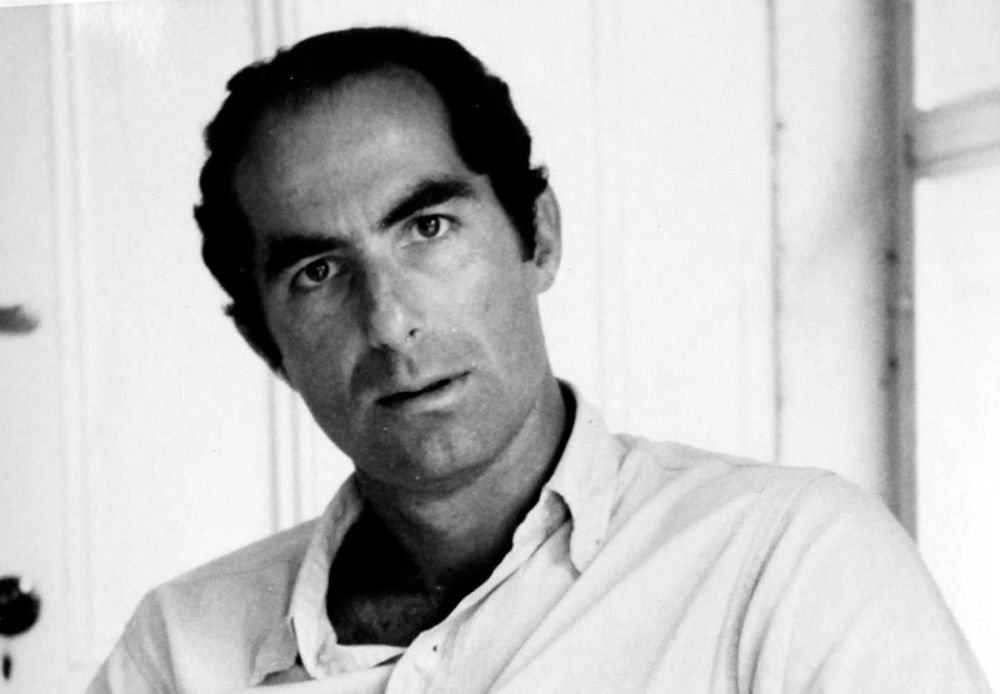Goodbye, Columbus by Philip Roth Chapters 1-3 - Analysis and Response
Themes
·
Aunt gladys's
English is botched:
“You’re going to call her you don’t
know her?”
·
Aunt Gladys
criticizes everything
·
Preoccupation with
the body: plastic surgery, fix the eyes, Brenda is myopic…
“Where did
you get those fine shoulders? Do you play something?”
“No,” I
said. “I just grew up and they came with me.”
“I like your body. It’s fine.”
·
Language creates
reality:
Actually we did not have the feelings we said we had
until we spoke them—at least I didn’t; to phrase them was to invent them and
own them.
·
Metafiction,
self-reflexivity, awareness of style
·
Imagining the future
·
Senescence
·
Race and skin color
People and Places
·
Neil
·
Brenda Patimkin
·
Aunt Gladys
·
Doris the cousin
·
Laura Simpson
Stolowich "Simp"
·
Uncle Max
·
Carlota the maid (a
Navajo-Negro)
·
Ron Brenda's brother
·
Julie Brenda's
sister
Response
·
Altogether unwittingly, he had
activated the ambivalence that was to stimulate his imagination for years to come and establish
the grounds for that necessary struggle from which his—no, my—fiction would
spring.
He talks about himself in the third
person in the introduction, indicating that he no longer identifies with his
old self. However, he does claim present ownership of the fiction that the
previous roth wrote. Narcisism? Wanting to have it all?
·
Maybe Brenda has
daddy issues; she gets her nose fixed so she doesn't resemble her dad:
“It was
bumpy.”
“A lot?”
“No,” she said, “I was pretty. Now I’m prettier. My brother’s
having his fixed in the fall.”
“Does he want to be prettier?”
She didn’t answer and walked ahead of me again.
“I don’t mean to sound facetious. I mean why’s he doing it?”
“He wants
to
… unless he becomes a gym teacher … but he won’t,” she said. “We all look like
my father.”
·
He's jewish, and has
shikse fantasies (albeit imperfect) Brenda among them was elegantly simple,
like a sailor’s dream of a
Polynesian maiden, albeit one with
prescription sun glasses and the last name of Patimkin.
·
They are both
self-centered: Neil complains she didn't ask how he feels and calls her
egotistical
and the high walls of ego that rose buttresses and all
between her and her knowledge of herself
·
Difference in lower
class and upper class, assimilated dinner conversation (nagging vs baseball)
·
Patimkin's Jewish: Mrs.
Patimkin is directing Carlota not to mix the
milk silverware and the meat silverware again
·
When Neil plays
basketball with Julie everyone's watching; it's like a rite of passage and he
loses.









Comments
Post a Comment
Hey friend! 🌈 I can't help with your assignments but maybe other readers can. Good luck! 🤞